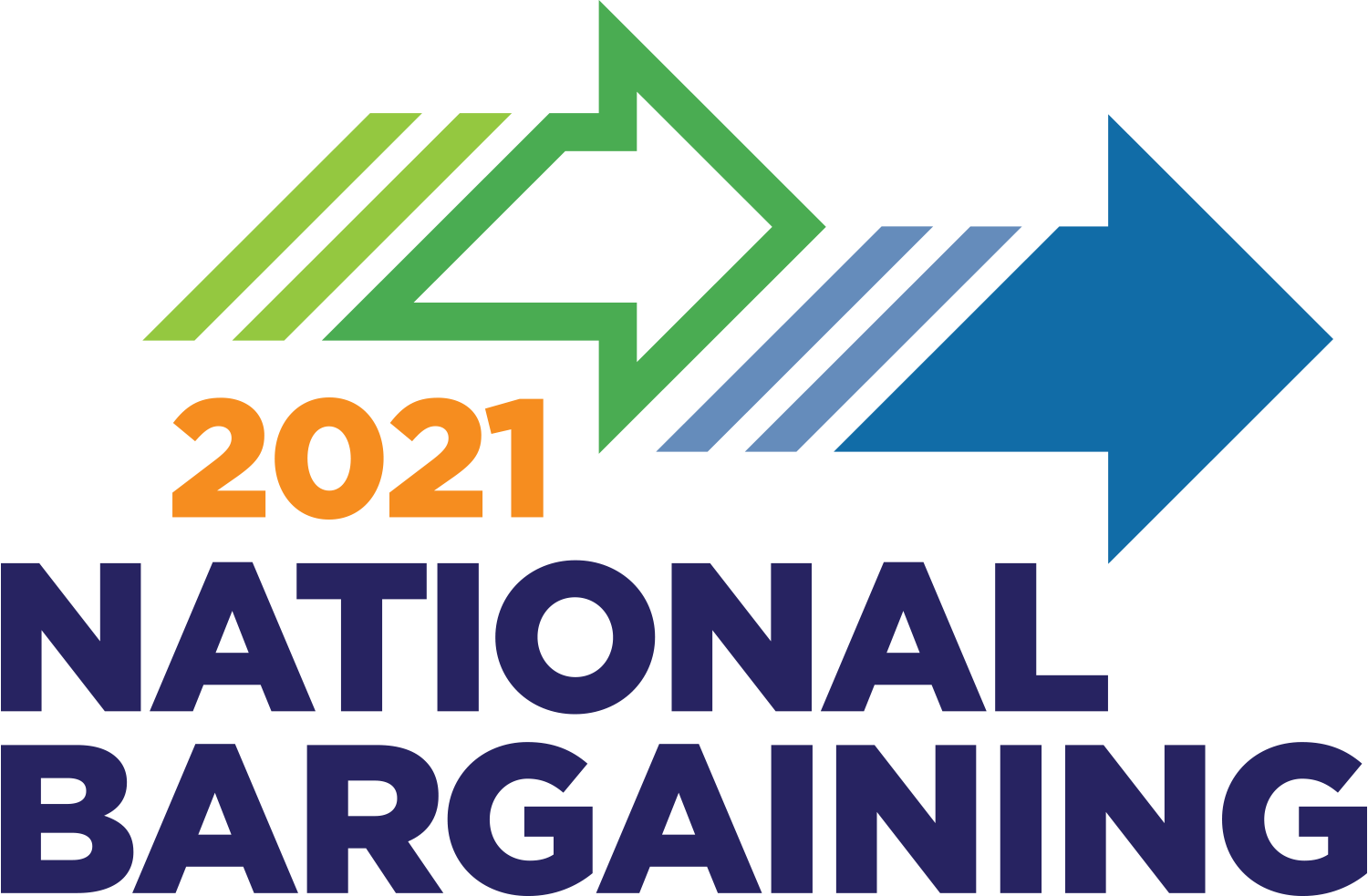
Christopher Smith and Allyson Crawford are member services representatives at the Member Services Call Center in Fulton, Md. Smith is a member of OPEIU Local 2 and Crawford is a member of OPEIU Local 400.
Key terms to know as you navigate the world of health care reform
Affordable Care Act (ACA)
The comprehensive federal health care reform law enacted in March 2010.
Coinsurance
The percentage of charges a member pays when receiving a covered service. The member’s health plan coverage pays the balance up to the health plan’s allowance. Coinsurance amounts vary depending on the member’s plan and the service provided.
Copayment
The fixed dollar amount a member pays when receiving certain covered services or prescriptions. The member’s health insurance pays the rest. Copayments vary depending on the member’s plan and the service provided.
Cost share
The portion of charges for a service or prescription that the member is responsible for paying, such as a copayment, coinsurance or deductible payment.
Deductible
The fixed amount a member must pay in a calendar or contract year for certain health care services before the member’s health insurance begins to pay.
Dependent
A family member, such as a spouse, child or partner, who is covered under a policyholder or subscriber’s plan.
Federal financial assistance (subsidy)
Financial assistance in the form of reduced premiums and reduced out-of-pocket expenses to provide help for some people to pay for health coverage or care. The government will pay part of the premium and the out-of-pocket expenses directly to the health plan issuer. Usually determined by income level and family size.
Grandfathered plan
A group health plan that was created or an individual health insurance policy that was purchased on or before March 23, 2010. Grandfathered plans are exempted from many changes required under the Affordable Care Act.
Health care reform
A general term for the major health policy changes put in place by the federal Affordable Care Act of March 2010 and any state laws passed to put it in place.
Health Insurance Marketplaces
Government-run online markets, formerly called Health Insurance Exchanges, where individuals and small businesses will be able to compare and enroll in health plans, get answers to questions, and find out if they are eligible for financial assistance or special programs.
The marketplace
A common nickname for the Health Insurance Marketplaces, also called “exchanges.”
Medicaid
A government insurance plan for the poor and disabled; in California, it’s known as Medi-Cal.
Out-of-pocket expenses
These include the copayments, coinsurance and/or deductible payments members make for the health care services they receive, as opposed to the premium they pay each month to their insurers.
Pre-existing conditions
Medical conditions that a person has before he or she applies for a new health insurance policy.
Premium
The amount a member and/or the member’s employer pays, usually each month, for health care coverage.
